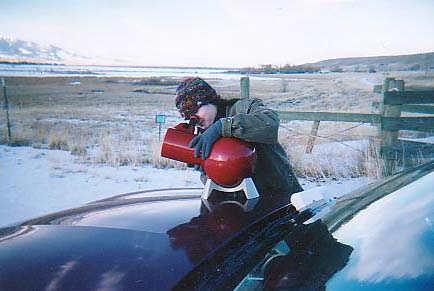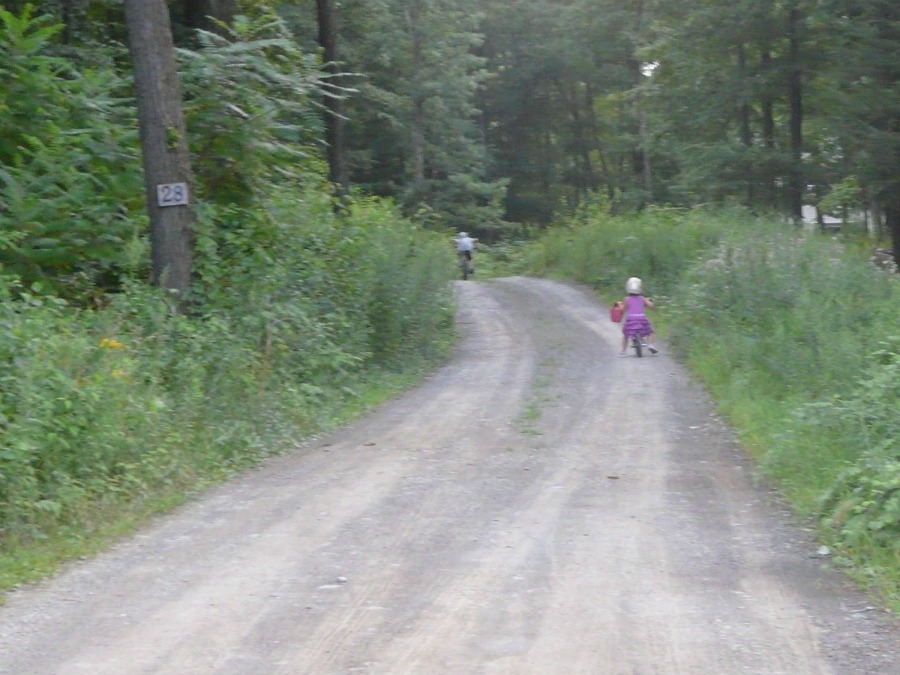Forget the linear approach to learning we grew up with. For instance, we learned that the way to learn is to read "all the important" stuff about a subject gathered and packaged for our convenience in a textbook and then move on in line to the next package of information.
Sure, sometimes an interest will cause kids to gather up a huge chunk of learning all at once. This is easy to see. And easy to overvalue as the "best" way to learn.
More often kids will slowly gather interesting tidbits, making connections as things occur to them to create a foundation. They'll add pieces here and there over the years to build on that foundation. This is not so easy to see going on. And very easy to undervalue.
So, if we can train ourselves to see that process we can help it along by valuing the times when they see Thomas Jefferson on Animaniacs and then later on the nickel and then still later on Mount Rushmore. Those moments will establish a feeling of recognition and familiarity. Then the more tidbits they gather about Jefferson, the more interesting he becomes. And the more interesting he becomes, the more they want to know about him.
It took at least two years and a lot of posts by very patient unschoolers (and a lot of questions by other newbies who were equally confused) for me to finally "get" unschooling. Hopefully, these five steps will make your transition to unschooling easier than mine was!
—Joyce Fetteroll
by Joyce Fetteroll, published in Home Education Magazine in 2000
photo by Sandra Dodd, 2011
(Adults keep picking up trivia and making connections over the years, too.)










































